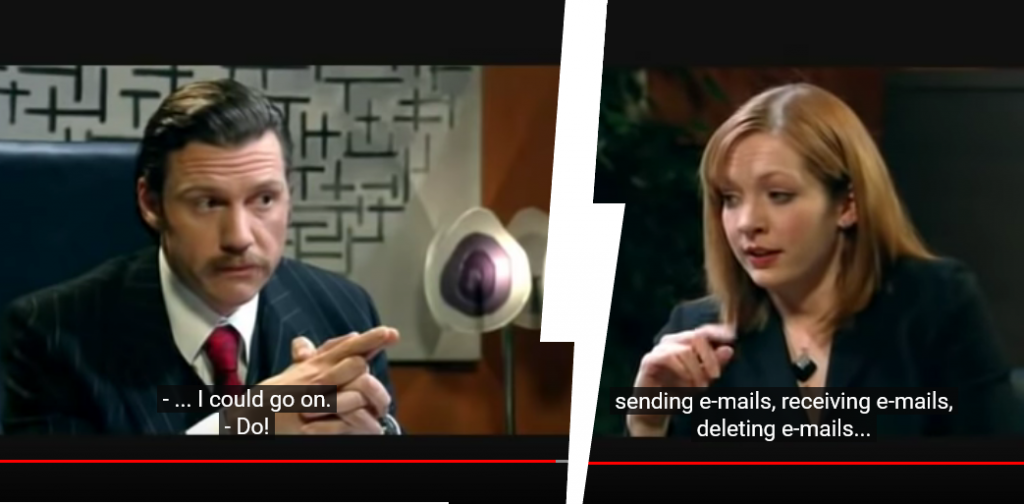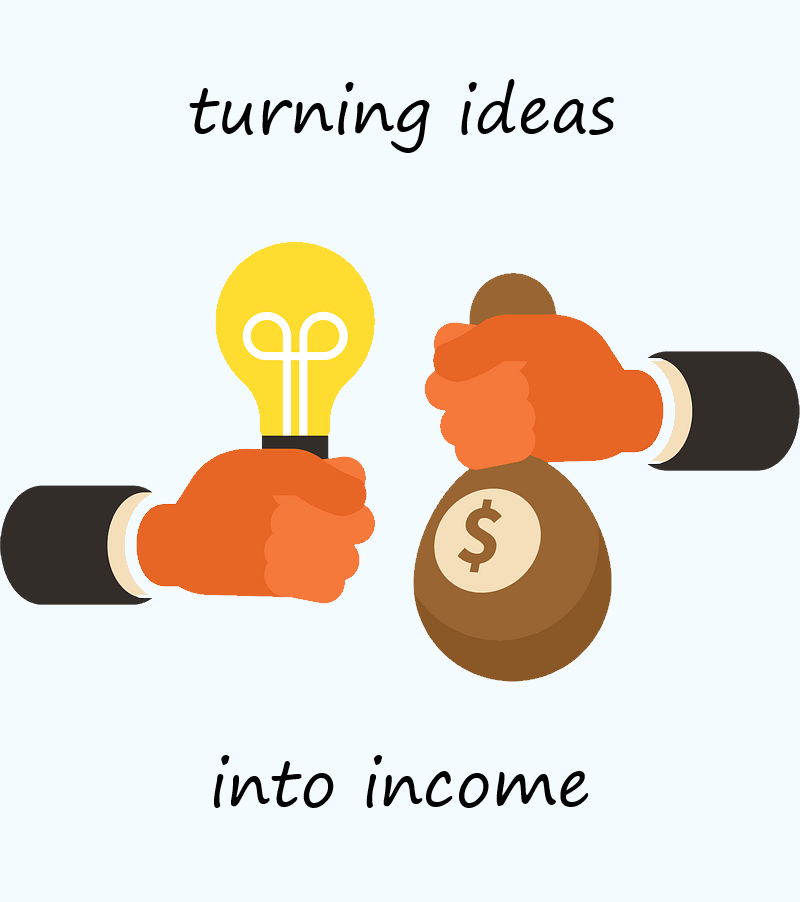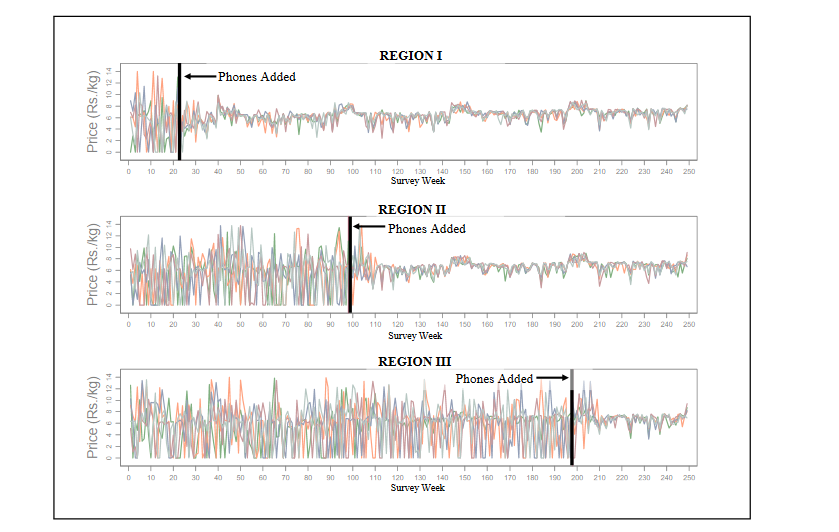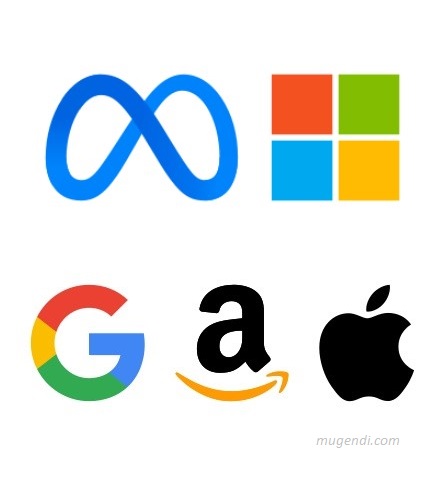
If you have a website in Kenya, you probably use a .ke domain name such as .co.ke, .or.ke, .sc.ke, and others. These are the most popular domain name extensions used by Kenyans, although .com and .org are two other popular domain extensions.
There are tens of both local and international companies that offer dot KE domain registration services. Have you ever wondered which are the top ones? Here is a list of the top 50 with the number of domains they have registered
Top 40 .ke Domain Registrars
| NO. | REGISTRAR | TOTAL DOMAINS |
| 1 | Truehost Cloud Limited | 24507 |
| 2 | EAC directory | 17121 |
| 3 | Kenya Website Experts | 14256 |
| 4 | Hostpinnacle Kenya Limited | 8195 |
| 5 | Global Internet Fortunes Limited | 7849 |
| 6 | Safaricom Limited | 7377 |
| 7 | Webhost Kenya Ltd | 4254 |
| 8 | deepAfrica Co Ltd | 4050 |
| 9 | Afriregister Limited | 2693 |
| 10 | Lexregistration Limited | 1253 |
| 11 | ICT Authority | 734 |
| 12 | SawaSawa.com Limited | 677 |
| 13 | Webcom Kenya Limited | 583 |
| 14 | Dimension Data Solutions | 526 |
| 15 | Kenyaweb Solutions(E.A) | 485 |
| 16 | Hostnali Webhost Limited | 456 |
| 17 | Oracom Web Solutions | 443 |
| 18 | AHERI BASIC INTERNET | 427 |
| 19 | Fun Media Limited | 348 |
| 20 | Gamma Solutions | 319 |
| 21 | Peak and Dale Solutions | 316 |
| 22 | HOST MASTERS | 265 |
| 23 | Raysco Web and Net Solutions | 255 |
| 24 | Web Hosting Experts Ltd | 233 |
| 25 | ETIQET SOLUTIONS LIMIT | 226 |
| 26 | HOST PRO | 224 |
| 27 | Aplin | 209 |
| 28 | Bitsimba Telecommunications | 200 |
| 29 | Ecobiz | 185 |
| 30 | IT Experts Solutions Ltd | 180 |
| 31 | Big Host Africa | 176 |
| 32 | Dotnet Africa Ltd | 175 |
| 33 | Ignite Africa Limited | 174 |
| 34 | Heartbit Computer Solution | 172 |
| 35 | Crystal Technologies Ltd | 166 |
| 36 | SAFE DOMAINS KENYA LIMITED | 162 |
| 37 | LIQUID TELECOM KENYA | 156 |
| 38 | Shine Web Technologies Lt | 153 |
| 39 | ALMOND CYBER SOLUTIONS | 153 |
| 40 | WEBKRAFT KENYA LTD | 144 |
| 41 | Hostraha Limited | 134 |
| 42 | MyISP Limited | 132 |
| 43 | Legibra Solutions Limited | 123 |
| 44 | Creative Edge Limited | 121 |
| 45 | Softlink Options Ltd | 118 |
| 46 | Digital Webframe Solutions | 113 |
| 47 | CIT Techno Ltd | 105 |
| 48 | WEB SOLUTIONS KENYA | 104 |
| 49 | Messaging Labs Africa Solutions | 101 |
| 50 | Intrepid Data Systems | 91 |
In terms of new registrations, here are the number of domains registered by each registrar in January 2024.
Top Domain Registrars in January 2024
| NO. | REGISTRAR | DOMAINS REGISTERED IN JANUARY 2024 |
| 1 | Truehost Cloud Limited | 1166 |
| 2 | Kenya Website Experts | 448 |
| 3 | EAC directory | 439 |
| 4 | HostPinnacle Kenya Limited | 400 |
| 5 | Safaricom Limited | 244 |
| 6 | Global Internet Fortunes | 144 |
| 7 | Webhost Kenya Ltd | 99 |
| 8 | deepAfrica Co Ltd | 98 |
| 9 | Afriregister Limited | 41 |
| 10 | Lexregistration Limited | 21 |
| 11 | Fun Media Limited | 20 |
| 12 | Hostnali Webhost Limited | 18 |
| 13 | Kenyaweb Solutions(E.A) Lt | 17 |
| 14 | Hostraha Limited | 16 |
| 15 | WEBKRAFT KENYA LTD | 12 |
| 16 | Webcom Kenya Limited | 11 |
| 17 | Gamma Solutions | 10 |
| 18 | Raysco Web and Net Solutions | 9 |
| 19 | Crystal Technologies Ltd | 9 |
| 20 | Oracom Web Solutions LT | 8 |
| 21 | Digital Webframe Solutions | 8 |
| 22 | Pwani Web Hosting Solutions | 8 |
| 23 | HOST PRO | 7 |
| 24 | IT Experts Solutions Ltd | 7 |
| 25 | SawaSawa.com Limited | 6 |
| 26 | Softlink Options Ltd | 6 |
| 27 | AFRICA BLUE WEBS | 6 |
| 28 | Web Hosting Experts Ltd | 5 |
| 29 | Legibra Solutions Limited | 5 |
| 30 | ELIMUHOST SYSTEMS | 5 |
| 31 | AHERI BASIC INTERNET | 4 |
| 32 | HOST MASTERS | 4 |
| 33 | ETIQET SOLUTIONS LIMIT | 4 |
| 34 | Bitsimba Telecommunications | 4 |
| 35 | Shine Web Technologies | 4 |
| 36 | Movetech Solutions Ltd | 4 |
| 37 | Mbitrix technologies LTD | 4 |
| 38 | Alpha Savvy Logistics LTD | 4 |
| 39 | ELDOHUB INNOVATION | 4 |
| 40 | ICT Authority | 3 |
| 41 | Peak and Dale Solutions | 3 |
| 42 | Ecobiz | 3 |
| 43 | Heartbit Computer Solution | 3 |
| 44 | Blue Shine Trading Ltd | 3 |
| 45 | Techmate Solutions | 3 |
| 46 | Infrotronics Limited | 3 |











